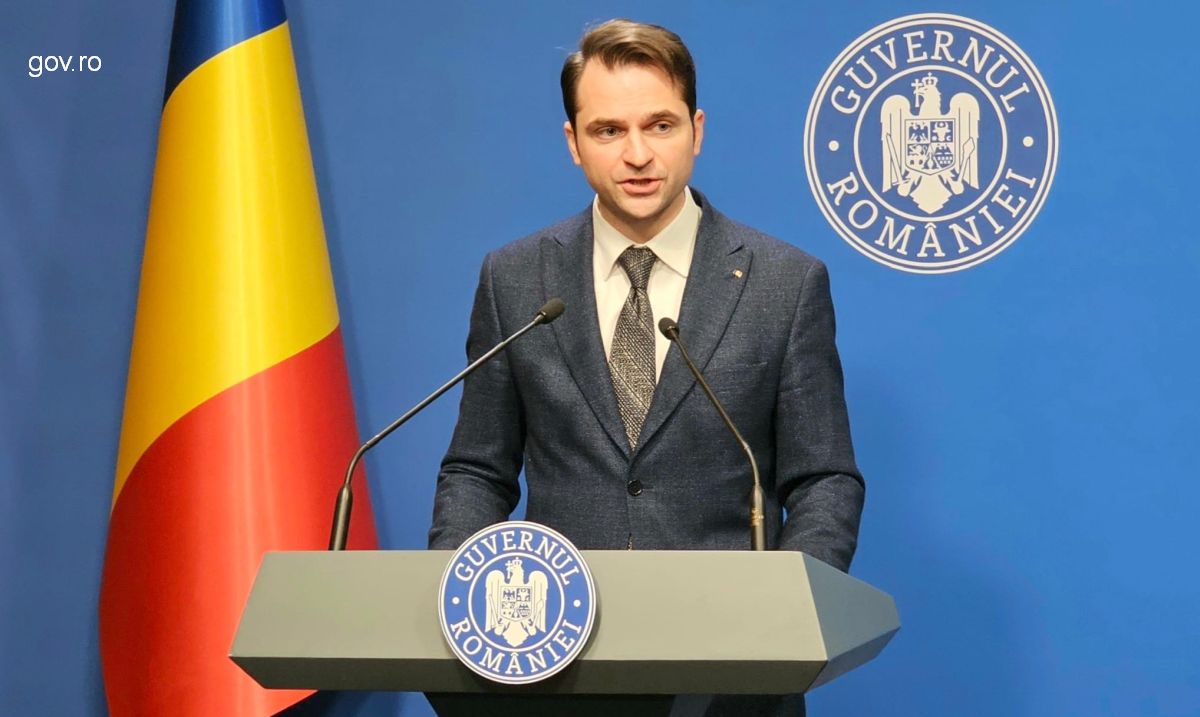NATO Command in Romania
As part of a large-scale NATO military exercise, structures of the Allied Joint Force Command Naples have been relocated to Romania.

Roxana Vasile, 18.06.2015, 13:55
For over a year
now, the security challenges faced by NATO’s eastern flank have been intensely
discussed internationally. The European Union’s sanctions on Moscow, although
causing a lot of trouble for the Russian economy, have done little to change
Vladimir Putin’s attitude. Vocally criticised for the annexation of Crimea and
accused of providing Ukrainian separatists in the east with military and
weaponry, the Kremlin leader this week made public his plans to boost Russia’s
nuclear arsenal. Putin wants to add 40 new intercontinental ballistic missiles
to its nuclear stockpile this year in response to US manoeuvres and intentions
in Eastern Europe, including Romania. Besides, in an attempt to showcase
Russia’s military prowess, Moscow has intensified its large-scale military
exercises, something NATO has also done.
On Wednesday,
while an exercise was taking place in Brasov County, central Romania, that
involved 1,000 military from 25 NATO states, two structures of the Allied Joint
Force Command in Naples have been relocated to Romania. The Command and Control
Centre of the NATO Response Force (NRF) has also been transferred to a
temporary location.
Meanwhile, the
Parliament in Bucharest is preparing to debate and vote on the country’s
National Defence Strategy for 2015-2019, following a positive opinion from the
Supreme Defence Council and the defence committees in the Senate and the
Chamber of Deputies. The authorities say an effective strategy must be based on
consolidating democratic and security processes and must observe Romania’s
strategic commitments as part of NATO and the European Union.
Compared with
the previous strategy adopted in 2010, one of the new concepts introduced by
the new strategy is that of extended security. This entails well-functioning of
the justice system and the rule of law, the efficiency of the national systems
of crisis prevention and management and consolidating the security of energy,
transport and cybernetic infrastructures.
The strategy
also refers to ensuring a high-performing economic environment, the state’s
budgetary and financial stability, as well as to developing the country’s
public healthcare, education and social security systems.
In foreign policy terms, Romania wants to
consolidate its position within NATO and the European Union and its Strategic
Partnership with the United States. Another priority for Romania is security in
the Black Sea region and boosting cooperation with neighbours and other states
on NATO’s eastern flank.






























